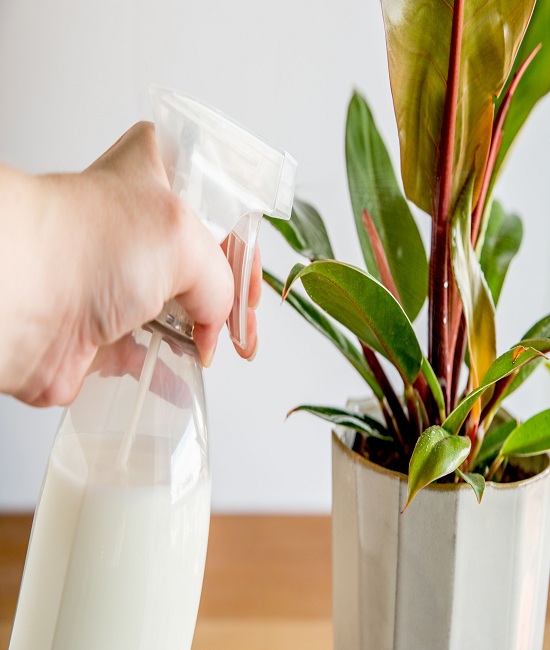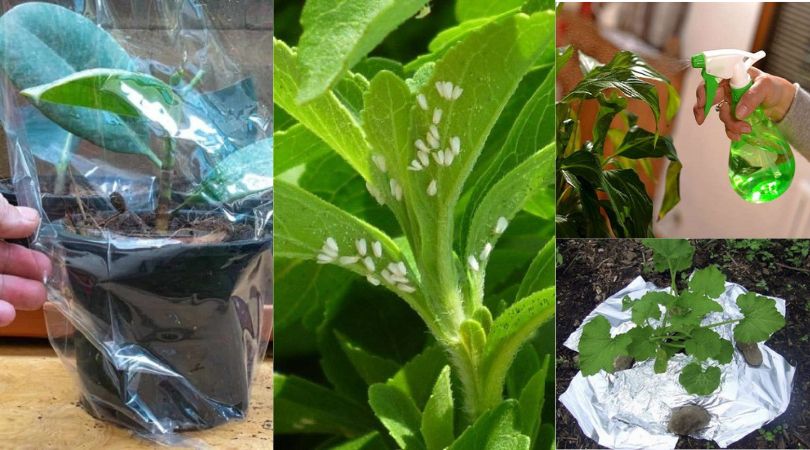Whiteflies are small sap-sucking insects that can cause serious damage to vegetables, fruits, and ornamental plants by secreting honeydew, which can be seen on the leaves as yellowing and drying.
Surprisingly, they are not true flies. Instead, they are related to aphids, scales, and mealybugs, which are all common garden pests.
Plants Prone to Whiteflies: There is a lengthy list of plants that whiteflies like to feast on, but here are a few to keep an eye out for: grapes, eggplants, okra, peppers, potatoes, tomatoes, beans, citrus, cucumbers, squash, brassicas, poinsettias, hibiscus, begonias, petunias, and roses.
If you want to protect your plants against whiteflies without resorting to commercial pesticides, try using some of these chemical-free solutions.
Spray with water or dish soap
Using a powerful stream of water to eliminate the whiteflies is the most effective method of protecting your plants from damage. Nymphs and eggs can be washed away using a garden hose or a little sprayer. Or, mix 1 tablespoon of any mild liquid dish soap with a gallon of water and spray the afflicted plants with the solution. Repeat once every three days until no more adult flies or their eggs remain.
Keep in mind that this is mainly for controlling minor pest problems in indoor plants or those in containers on a patio or balcony.
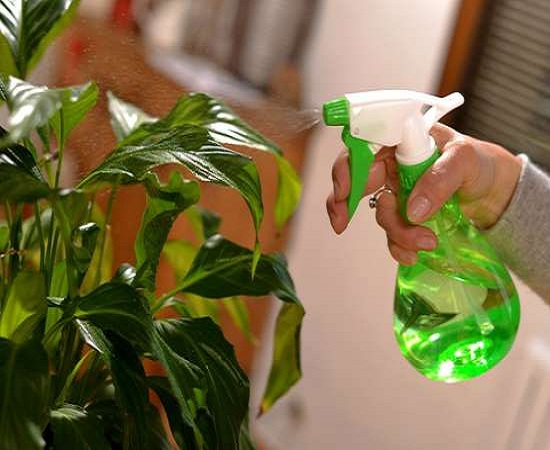
Maintain Clean Foliage
In order to get rid of mold and honeydew, clean the tops and bottoms of the leaves and stems with a damp, soft cloth soaked in filtered water. If there are any whitefly eggs present, this will help get rid of them as well. Infested leaves should be removed carefully before being thrown away in a trash bag since the undersides of the leaves are likely to contain the insects’ eggs.
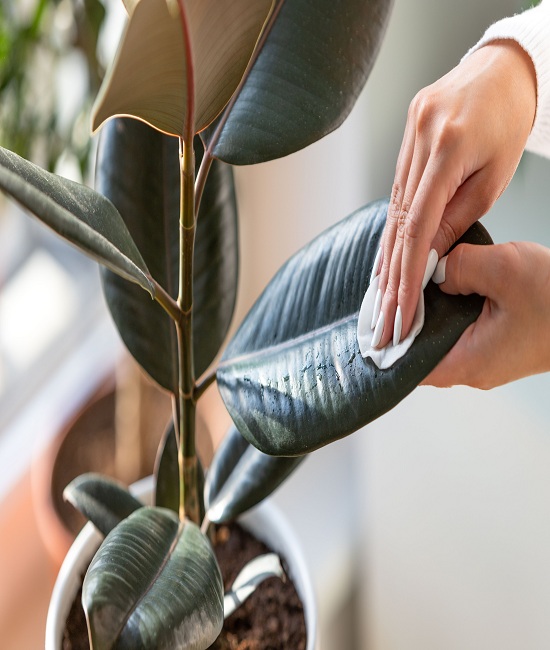
Isolate the infected plant
If you notice an infestation, the best thing you can do is to put the affected plants in isolation for a few weeks. As an additional safety measure, separate your new plants from your existing plants for at least two weeks.
This eliminates the possibility of the whiteflies infecting other plants.
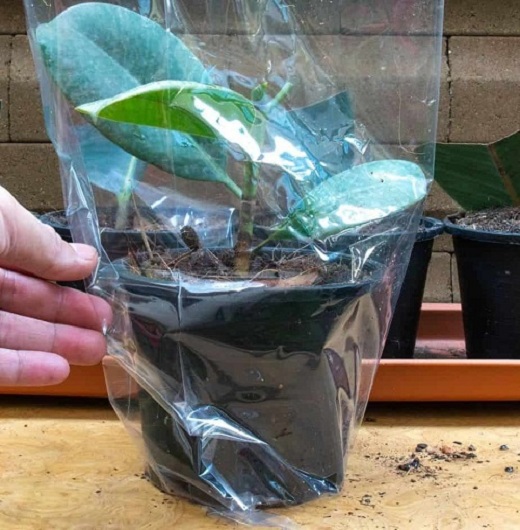
Vacuum them
Carefully remove whiteflies from plants with a small, portable vacuum cleaner. Then, throw the bag away in a trash can outside. Once again, this method is only useful for controlling minor infestations of houseplants, herbs, and succulents.
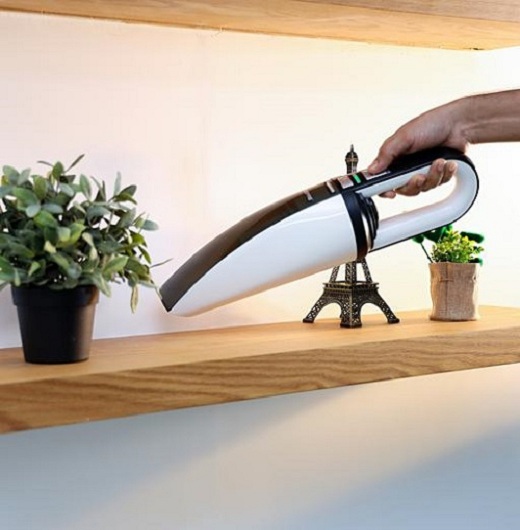
Attract Natural Predators
Build a habitat that attracts predatory insects that can help you out, such ladybugs, dragonflies, and green lacewings.
These beneficial insects serve as natural predators of whiteflies, hence reducing whitefly and aphid populations.
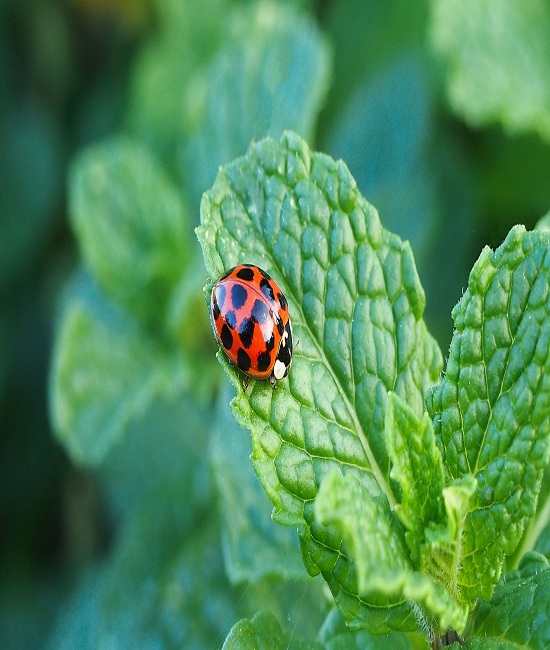
Use Yellow Sticky Traps
For a severe indoor or outdoor infestation, use insecticidal soap or prepare your own by blending 1-2 tablespoons castile soap and half a teaspoon edible oil in a gallon of water.
Put the ingredients in a spray bottle and apply to the plant’s affected region. It will aid in suffocating the whiteflies, killing them. For best results, spray your garden plants just before dusk or first thing in the morning, and do it again if required.
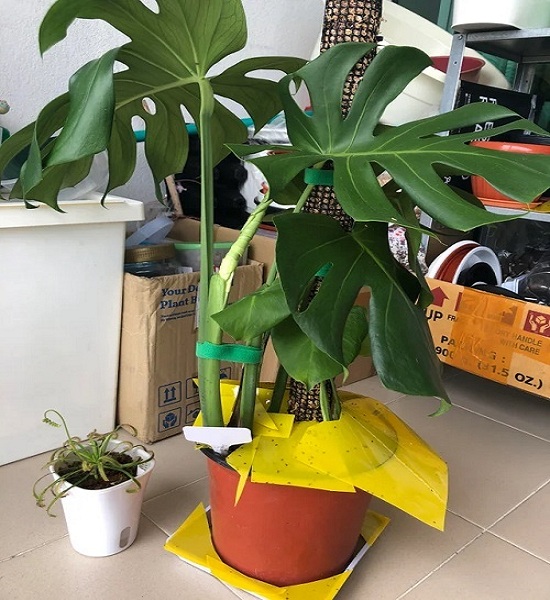
Apply Insecticidal Soap
For a heavy indoor or outdoor infestation, apply insecticidal soap or make your own by combining 1-2 tablespoons of castile soap and half a teaspoon of edible oil in a gallon of water.
Mix well and spray on the affected area of the plant. It will help suffocate the whiteflies and kill them. For garden plants, apply right before sunset or early morning and repeat if necessary.
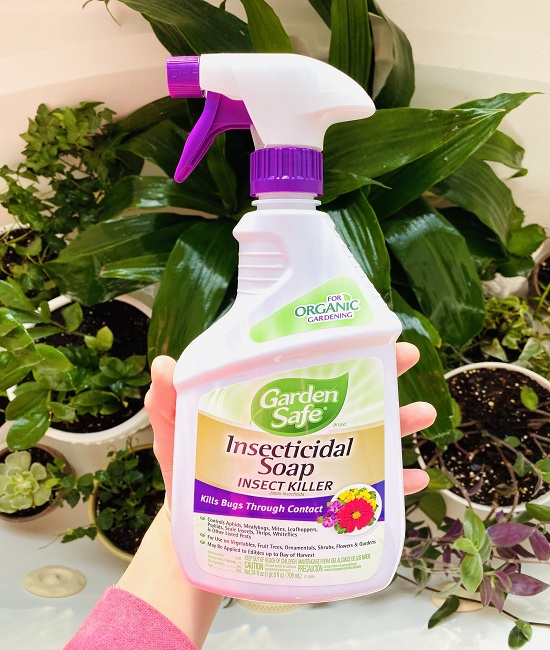
Use Neem Oil
When applied topically, neem oil can effectively kill whiteflies. Add 1 teaspoon of neem oil to 1 liter of water and use it as a foliar spray to get rid of the whiteflies. Adding just a few more drops of liquid soap can significantly increase its effectiveness (around four or five). Eliminate these pests by shaking well and applying to the plant’s foliage. For best results, try doing this at least twice each week for 14 days.
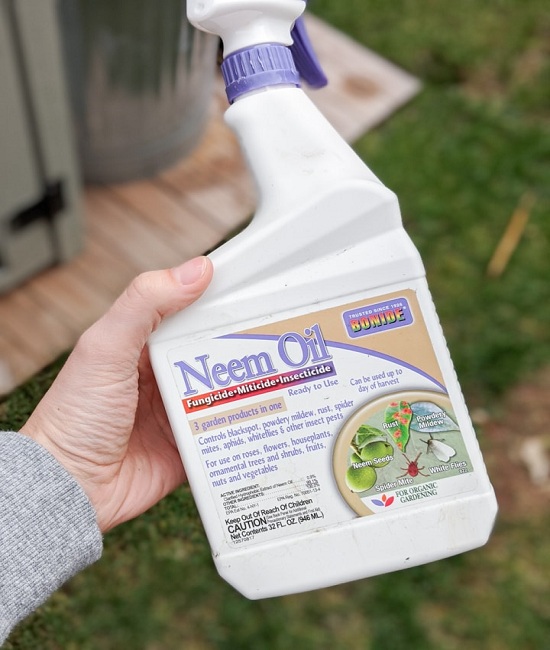
Earthworm Castings
Whiteflies can be deterred by using earthworm castings. The casting dissolves the whitefly’s outer covering or skin, eventually killing them. Additionally, the decaying castings serve as a nutritious organic fertilizer.
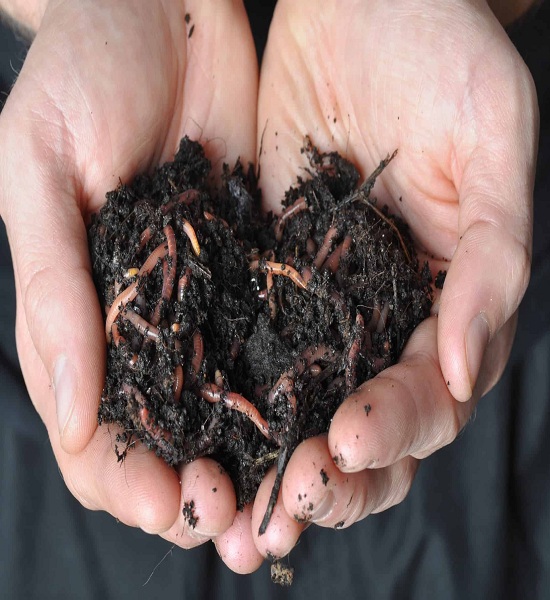
Plant Pest-Repelling Plants
Planting plants known to deter whiteflies is another simple and risk-free method of protecting vulnerable plants.
Many herbs and flowers, such as mint, cilantro, chives, onions, dill, zinnias, nasturtiums, marigolds, pineapple sage, bee balm, and hummingbird brush, fall under this category.
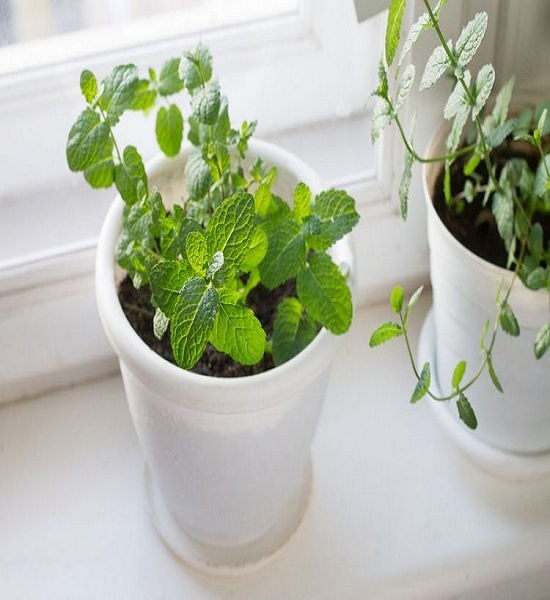
Use Reflective Mulch
Put a layer of metallic fabric mulch around your pepper and tomato plants if you want to protect them from whiteflies. These insects avoid the area because the reflecting substance confuses them.
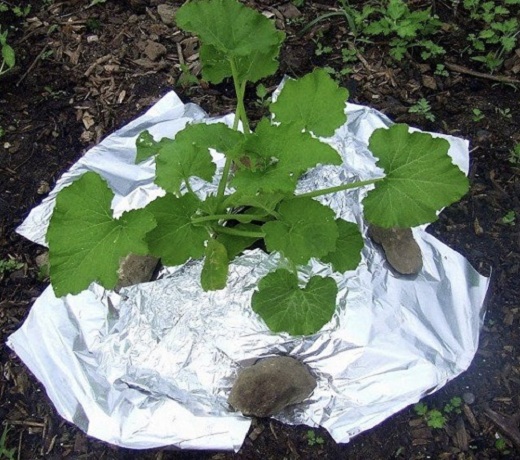
Use wood ash
When you see whiteflies, dust the afflicted plants and the surrounding area with wood ash. Ash will quickly kill them through dehydration and suffocation. Aphids and mealybugs can also be quickly and easily controlled with this incredible method.
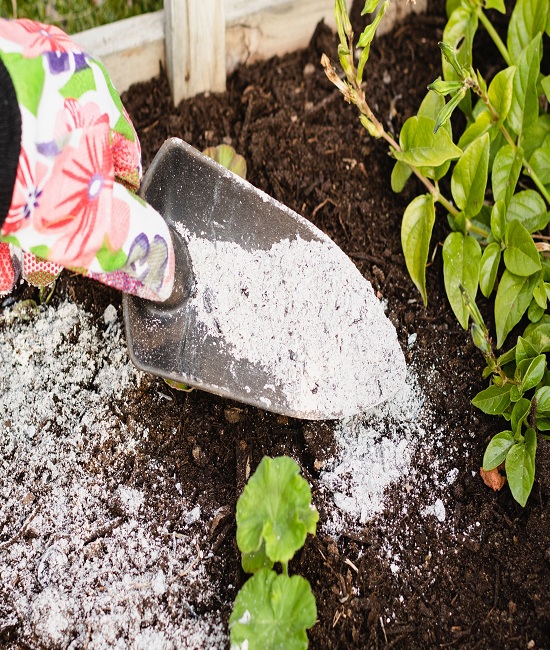
Use Baking Soda
Warm up a half liter of water and stir in a third of a teaspoon of baking soda, six to seven drops of liquid soap, and a half teaspoon of vegetable oil. Blend thoroughly and spray everywhere you see whiteflies. They won’t stand a chance.
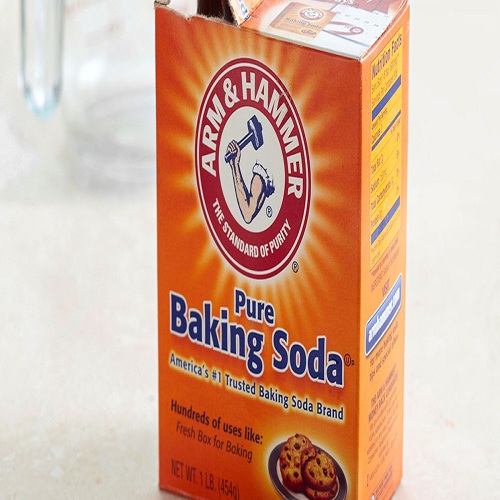
Use Milk Powder
Spray the afflicted regions with a mixture of three to four teaspoons of milk powder and one liter of water. You can also spray whitefly or aphid infestations on plants with diluted milk and water in a 1:1 ratio.
One study found that milk’s application reduced insect populations by 30–40 percent.
